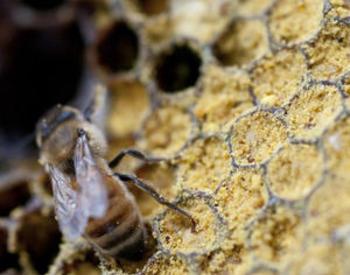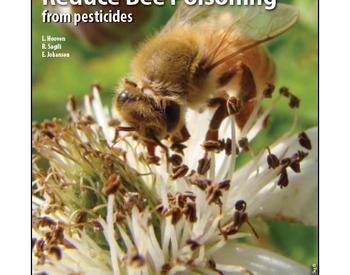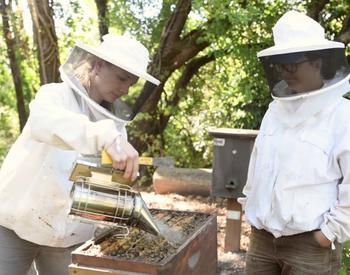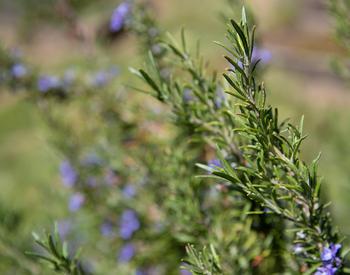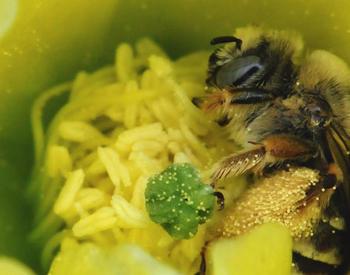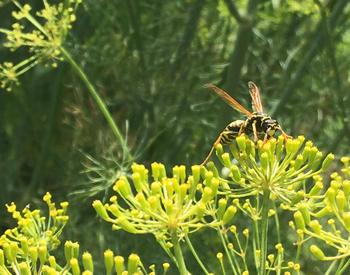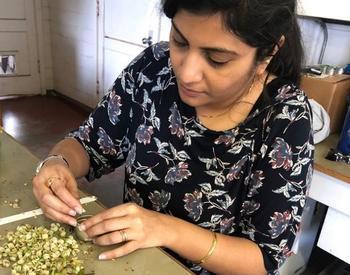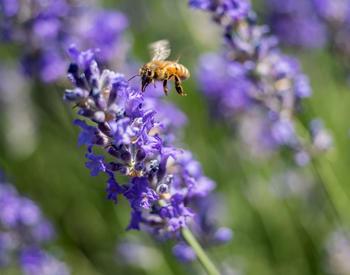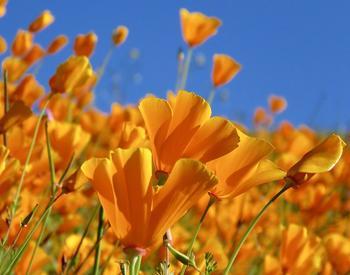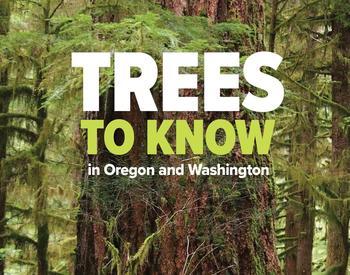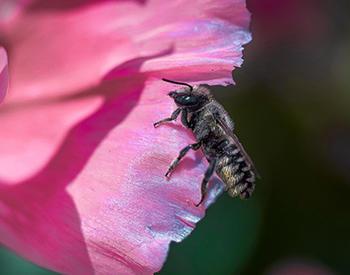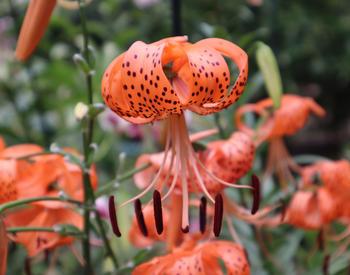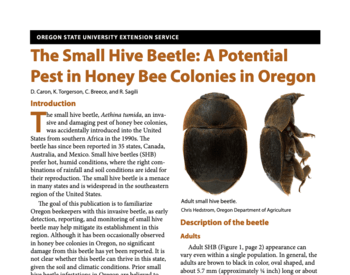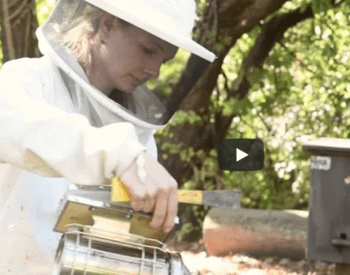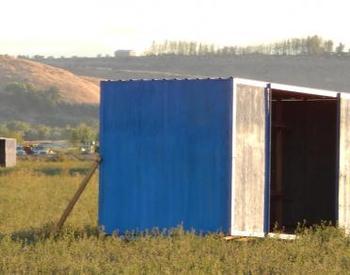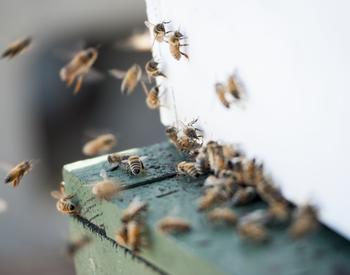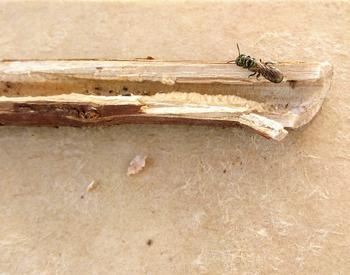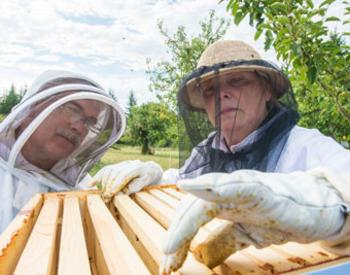Greetings, I lost 16 out of 20 honey bee hives in Summer Lake valley between October and December of 2018. All were strong hives with at least a deep hive body of surplus honey stores. Another beekeeper in the valley lost all of his hives – same scenario, they did not die in the hive. I need to chat with someone regarding possible causes. In the spring of 2018, BLM aerial sprayed herbicides on the Ana fire burn scar area, which is about one mile from my winter apiary, and then seeded it. Can the extension do a toxicology test on the few remaining dead bees in the hive? Just trying to find answers.
I am so sorry to hear about your colony losses. You are not alone. Although official figures have not yet been recorded, it looks like it might be a higher than average winter loss year for many parts of the state.
It's possible that a pesticide application impacted your bees. If you suspect a pesticide exposure incident associated with pollinators it's important to contact ODA immediately. Establishing pesticide exposure can be very difficult, but having an inspection completed very soon after the incident will help investigators: ODA Pollinator Issues Page.
It's also important to rule out other causes of winter loss. Many beekeepers experienced excessively high levels of varroa mites this year and this can cause the symptoms you describe. The OSU Apiculture lab put out a bulletin on the higher than usual varroa levels in summer of 2018.
It's also quite unlikely that herbicide treatment resulted in winter loss. With very few exceptions (e.g., herbicides containing the ingredient paraquat), few herbicides are toxic to bees. Bees are likely most impacted by herbicide use through indirect effects, specifically by the loss of flowering plants that produce nectar and pollen. Many weedy plants, such as dandelions, can be highly beneficial to bees. In fact, there are a number of bee-attractive plants that are listed as noxious weeds in Oregon (e.g. scotch broom (class B noxious weed), gorse (class B), Himalayan blackberry (class B), bachelor’s button (class B), hawkweeds (class A)). Herbicides, in this sense, can be a useful tool for establishing pollinator habitat with non-invasive bee attractive plants, by eliminating weedy species, as well as other competing species such as grasses, during the establishment phase of the habitat. It is possible that herbicides may have indirectly contributed to colony winter loss by eliminating forage in late summer (a time of year when bees most need nutrition).
